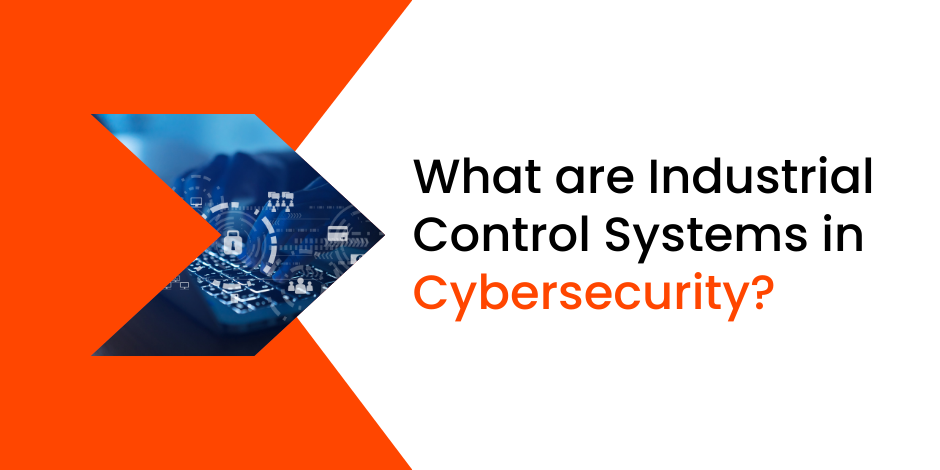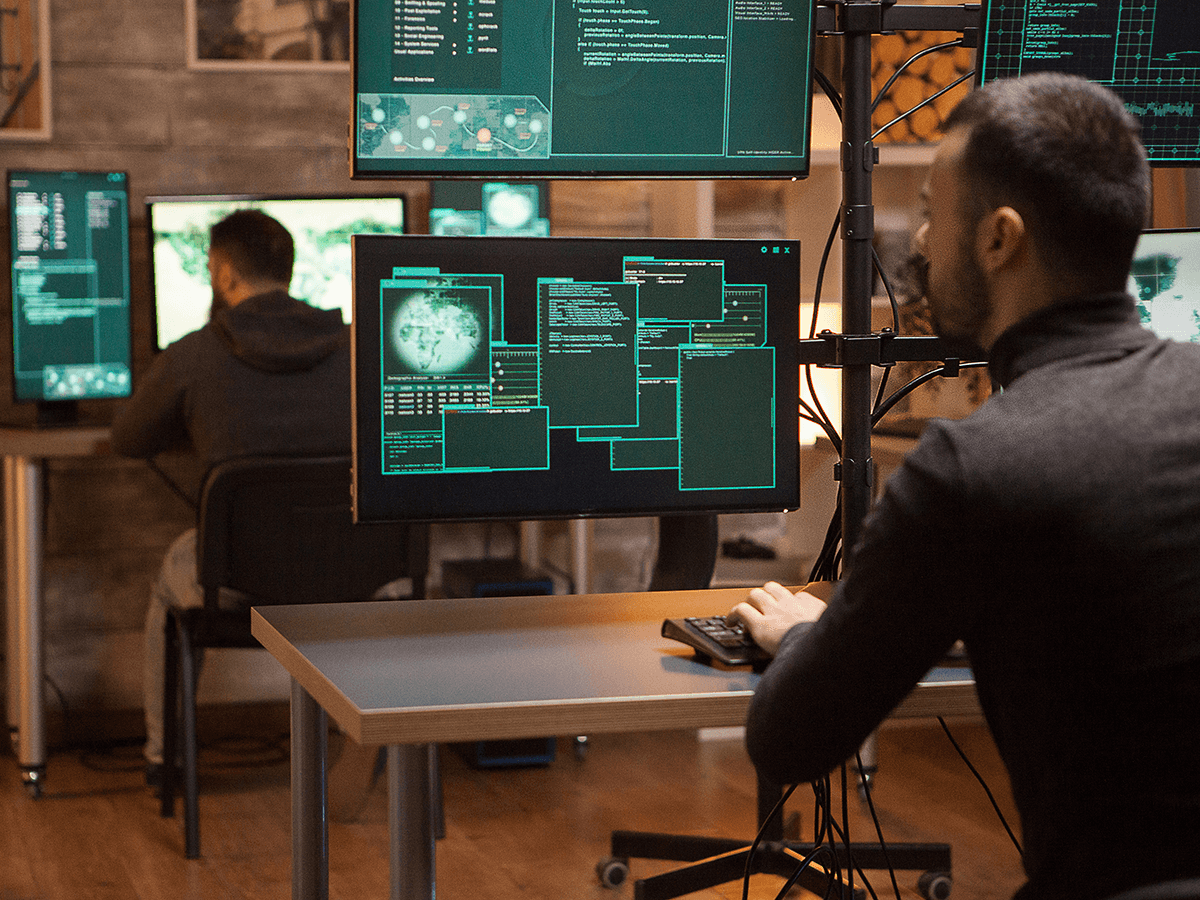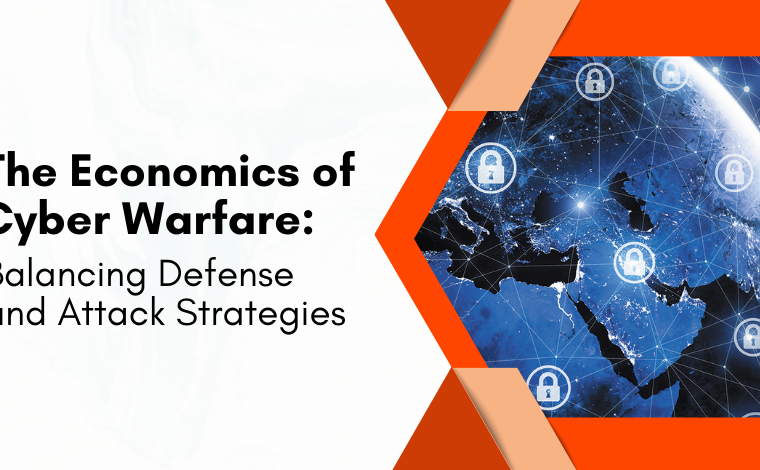What are Industrial Control Systems in Cybersecurity?

Stay Informed With Our Weekly Newsletter
Receive crucial updates on the ever-evolving landscape of technology and innovation.
Industrial Control Systems (ICS) are integral components of our modern industrial infrastructure.
They are used to monitor and control physical processes in sectors such as manufacturing, energy, and utilities.
As a wave of digitization sweeps across industries, industrial control systems in cybersecurity have become increasingly important as systems become vulnerable to cyber threats.
This transformation has propelled the ICS security market to new heights, with a valuation of USD 10.91 billion in 2022, poised to ascend even further and reach USD 18.01 billion by 2030.
This remarkable growth, reflecting a CAGR of 6.60% during the forecast period from 2023 to 2030, underscores the imperative for robust cybersecurity measures to shield our industrial control systems from evolving threats in this digital era.
We take a thorough look at Industrial Control Systems in cybersecurity, unraveling their role in modern industries, dissecting the escalating threats they face, and delving into the imperative strategies of cybersecurity crucial for safeguarding the backbone of our industrial processes.
The basics of Industrial Control Systems (ICS)

Industrial Control Systems in cybersecurity are a collection of hardware and software components designed to support industrial processes.
They are used to control and manage a wide range of operations, from simple machines in a factory to complex processes in a nuclear power plant.
Industrial Control Systems in cybersecurity are typically composed of a variety of elements, including programmable logic controllers (PLCs), remote terminal units (RTUs), and supervisory control and data acquisition (SCADA) systems.
These components work together to monitor and control industrial processes, ensuring they operate efficiently and safely.
ICS and cybersecurity
With the advent of the Internet of Things (IoT) and increased connectivity, ICS has become more vulnerable to cyber threats.
Cybersecurity, therefore, plays a crucial role in protecting these systems.
Industrial Control Systems in cybersecurity involve implementing measures to protect the systems from cyber threats such as malware, ransomware, and targeted attacks.
This includes securing the network infrastructure, implementing access controls, and regularly updating and patching the systems.
Threats to Industrial Control Systems in cybersecurity

Industrial Control Systems face a variety of cyber threats.
These threats can disrupt operations, cause physical damage, and even pose a risk to human safety.
One of the most common threats to Industrial Control Systems in cybersecurity is malware.
This malicious software can infiltrate the system, disrupting operations or stealing sensitive data.
Ransomware, a type of malware, can lock the system and demand a ransom for its release.
Targeted attacks
ICS can also be the target of sophisticated cyber attacks.
These attacks are often carried out by state-sponsored actors or organized crime groups.
They aim to disrupt operations, cause physical damage, or steal sensitive information.
Targeted attacks on ICS can have devastating consequences.
For example, the Stuxnet worm, discovered in 2010, targeted ICS in Iranian nuclear facilities, causing significant physical damage.
Protecting Industrial Control Systems (ICS)

Given the critical role that ICS plays in our industrial infrastructure, it is essential to implement robust cybersecurity measures to protect these systems.
One of the first steps in protecting ICS is to secure the network infrastructure. This involves implementing firewalls, intrusion detection systems, and secure communication protocols.
Access control
Implementing access controls is another crucial aspect of Industrial Control Systems in cybersecurity.
This involves ensuring that only authorized individuals have access to the systems.
Access controls can include password policies, two-factor authentication, and role-based access control.
Regularly updating and patching the systems is also essential.
This helps to protect the systems from known vulnerabilities that could be exploited by cyber threats.
Conclusion
Industrial Control Systems in cybersecurity are critical to our modern industrial infrastructure.
However, with the increasing digitization of these systems, they have become a prime target for cyber threats.
As the cyber threat landscape continues to evolve, so too must our approach.
This means that understanding Industrial Control Systems in cybersecurity is essential.
If you’re interested in pursuing a career in cybersecurity, you may want to explore Institute of Data’s 3-month full-time or 6-month part-time Bootcamps.
To find out more about our programs led by industry professionals, you can download a Cybersecurity Course Outline.




